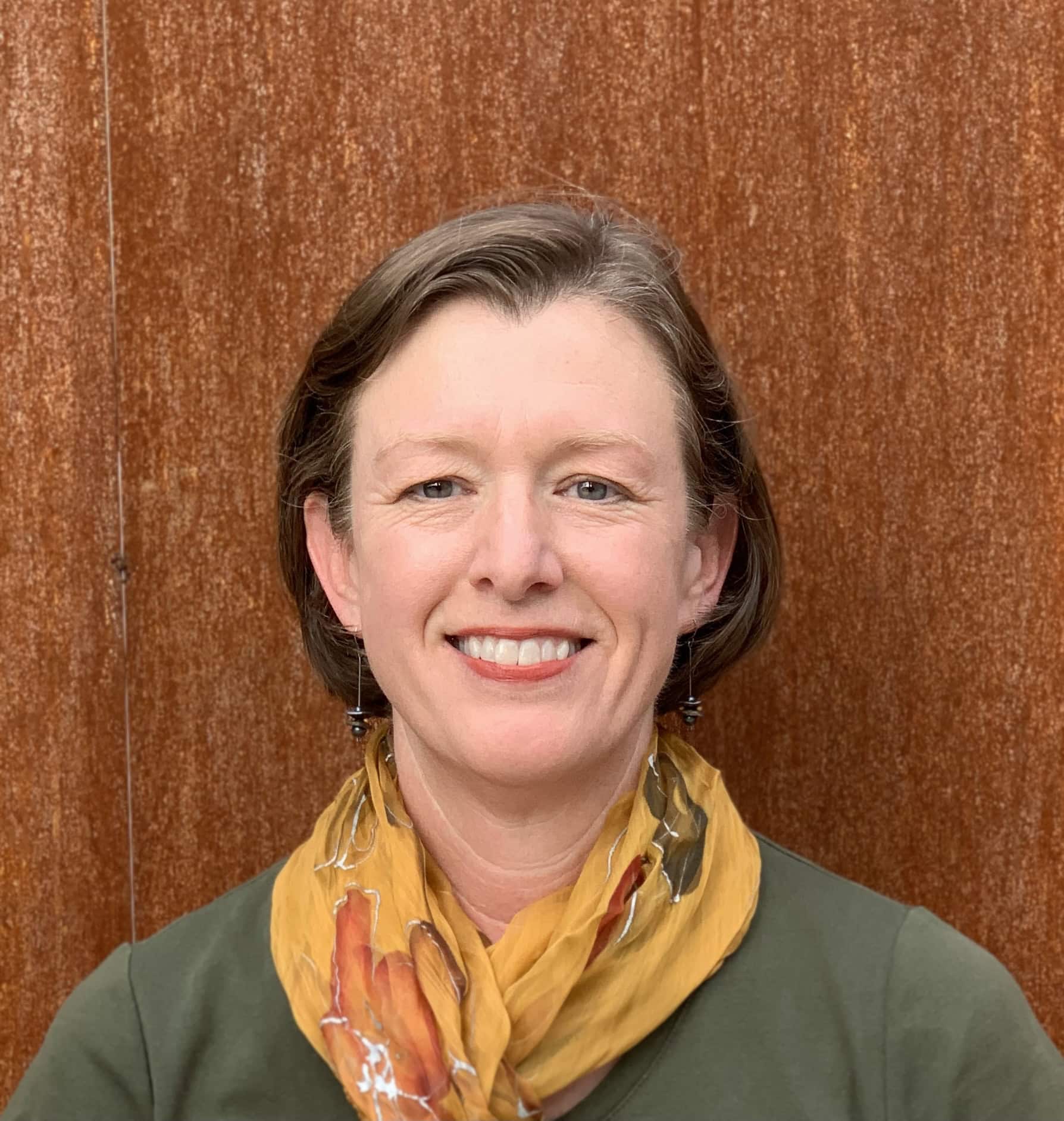Biosketch
I am an anthropological geneticist in the School of Human Evolution and Social Change at the Arizona State University. I grew up in Martin, TN and Greenville, SC. I graduated from the University of Virginia with a BA in Archaeology and Biology in 1989. I then attended the Pennsylvania State University, obtaining my MA (1992) and Ph.D. (1996) in Anthropology. During my graduate study, I received a Fulbright scholarship (1992-93) to study at the Ludwig Maximillian University in Munich, Germany. After completing my Ph.D., I received a National Institutes of Health NRSA Post-doctoral fellowship to study at the University of Arizona. I have served on the faculty at the University of New Mexico (1999-2003) and the Arizona State University (2003-present). At ASU, I am a member of the Center for Bioarchaeological Research and the Center for Evolution & Medicine, as well as a research affiliate of the Institute of Human Origins. I was elected fellow of the AAAS (2011) and have been a Kavli Scholar (2007). Currently, I serve as co-chair of the Committee on Diversity, Women?s Initiative (American Association of Physical Anthropologists), chair of section H (AAAS) and on the scientific executive committee of The Leakey Foundation.
Research Interests
My research focuses on the analysis of genetic data to investigate population history and adaptation in humans, other animals, and pathogens. I am particularly interested in adaptation in the context of disease and diet which have been particularly important over the course of human evolution. Specifically, my research has had three main foci: (a) Native American population history, (b) the evolutionary biology of the Great Apes, and (c) understanding the evolutionary history of pathogens (specifically Mycobacterium tuberculosis and M. leprae, the causative agents of tuberculosis and leprosy, respectively) in humans and other animals. In order to address questions about these topics, my students, collaborators, and I analyze DNA from ancient and modern samples. Such analyses have allowed us to evaluate demographic changes through time, assess the impacts of geography and language on genetic variation, estimate divergence times, and examine the signatures and impacts of selection in genomes.
Membership Type
Member
Election Year
2016
Primary Section
Section 51: Anthropology
Secondary Section
Section 27: Evolutionary Biology
